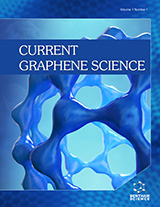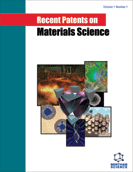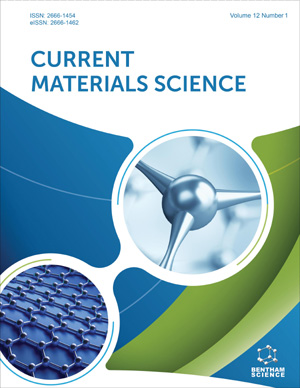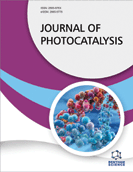Abstract
Chemical fertilizers are crucial in the production of cost-effective
agricultural crops. However, long-term usage of chemical fertilizers will deteriorate the
soil quality and it is hazardous to human health. Scientists and researchers across the
globe are seeking the help of nanotechnology as a possible solution to combat the
hazardous effect of chemical fertilizers. Nanotechnology is a branch of science and
engineering concerned with the matter at the nanoscale or one billionth of a meter.
Nanofertilizers are modified fertilizers that are synthesized using techniques of
nanotechnology involving various physicochemical and biological methods. These
methods aid in enhancing their attributes and composition, which leads to a positive
effect on crop productivity. Nanofertilizers are far more beneficial when compared to
chemical fertilizers as the former are cost-effective, less toxic and show controlled and
regulated release of nutrients to plants. This chapter is primarily concerned with the
various methods employed in nanofertilizer synthesis, the economic importance of
nanofertilizers and their advantage over conventional chemical fertilizers.






















